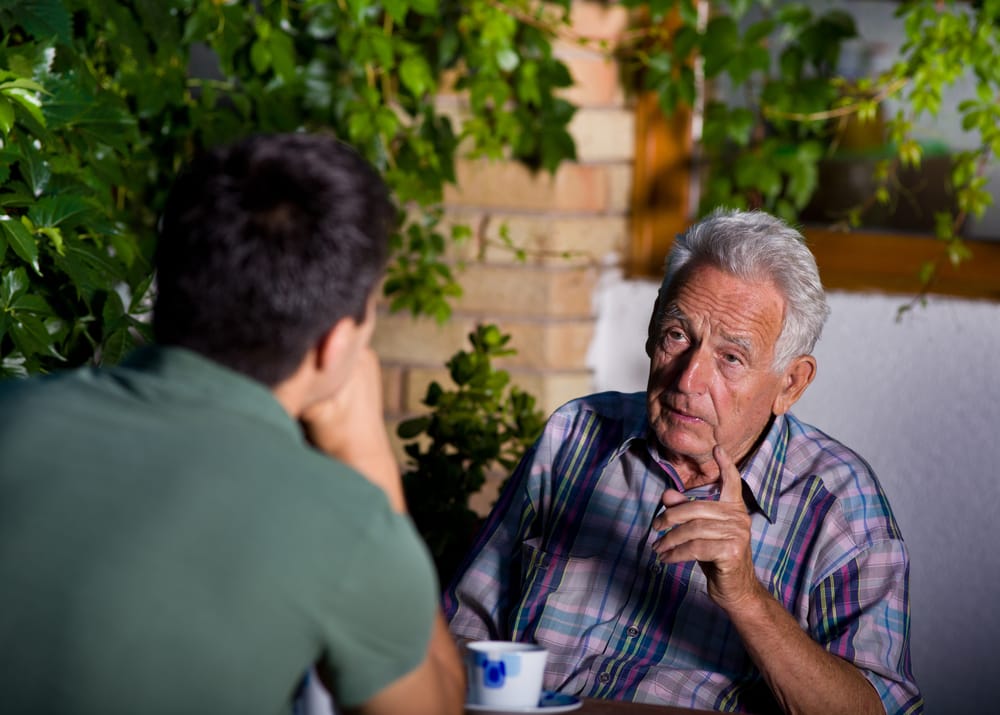Addiction Treatment
Top 10 Successful Drug Intervention Strategies

Written By:

Table of Contents
If you know someone who is struggling with addiction you may want to try to help them but feel unable to do so. Often people don’t know exactly how they can help and what to do. Talking to them and offering your support is a good first step but this alone will not help them get clean. Getting past this point and finding medical rehab treatment can be difficult.
Planning an Intervention
Often typical efforts to help someone to overcome drug or alcohol addiction fall flat. This is when you should attempt an intervention in order to confront that person about his problems and to convince him to seek help. Drug and alcohol interventions can be very effective, but they can also be disasters when not planned and executed properly. Do not attempt an intervention without proper drug intervention strategies. Addiction counselors and treatment experts can develop a specific set of strategies that will help make an intervention successful.
Top 10 Successful Drug Intervention Strategies
- Get professional assistance. This one of the most important drug intervention strategies. Interventions are a common trope in popular culture, and depictions of interventions make them look simple and straightforward. They are rarely simple, however, and professional assistance will be invaluable in assuring a successful outcome.
- Plan and sweat the details. Interventions are more than just a group of people gathering to confront an addict or alcoholic. Decide every aspect of the intervention ahead of time, from who will do the talking, the topic of discussion, and what outcome is sought.
- Get the right people to participate. An addict’s or alcoholic’s problems will likely have had an adverse effect on many people. Some people harbor resentments and anger that can come to the surface in even a well-planned intervention. Family is usually a good choice. We promote family support during treatment through our family therapy program.
- Have a plan B. In spite of your efforts, the addict or alcoholic might reject your entreaties to get help. Decide in advance what the consequences will be if the person rejects your suggestions. You might need to implement some very difficult “tough love” here.
- Be objective and stick to facts. Anger and judgment should be kept out of an intervention. Again, consider carefully who will be asked to participate in the intervention. therefore, avoid anyone who cannot control his or her emotions or tendencies to judge.
- Do not be an enabler. Your actions outside of the intervention need to be consistent with the goals of the intervention. for example, if you are providing money or other resources that are allowing an addict or alcoholic to continue his harmful tendencies, your intervention will have little effect on him.
- The end of the intervention is not the end of the process. Follow through on promises and commitments that you get from the addict or alcoholic. If he commits to seeking treatment but then does nothing, the intervention will have been a waste of time.
- Know the treatment options ahead of time. Help them understand the rehab experience. Give the addict a number of treatment options and rehab programs, rather than forcing him to do all the research himself. He can still review other programs, but making options available at the time of the intervention establishes a strong start to the rehab process.
- Help the addict by helping yourself. This step is often skipped but can be one step of many in successful intervention strategies. Support groups are available for family members and friends who are living with addicts and alcoholics. Reach out to those groups for more support and assistance.
- Continue to support the addict and everyone around him. You are the primary support system for him. Your decision to do an intervention will never be easy for you or anyone else. Support your own group, and derive support from them as you continue to help the addict or alcoholic who is close to you.
After Successful Intervention Strategies
These are just ten of the many drug intervention strategies that are out there. However, finding the most successful intervention strategies can depend on you, your loved one dealing with addiction, and those attending. Understanding the personality of the addicted individual can help you choose which will work for you. Despite this, after you’ve found your successful intervention strategies and gotten an addict to accept treatment your work isn’t over. They will need care and support as they undergo treatment. Be there for them, understand their struggles, and offer what you can. Together recovery is possible.
Please call the Last Resort Recovery Center near Austin, Texas, at 512-750-6750 for more information on planning and administering successful intervention strategies. We can provide referrals on professional assistance and details of rehab programs that can help the addict or alcoholic in your life.
